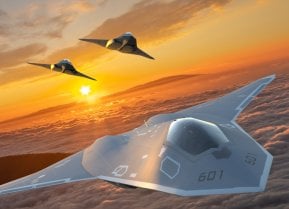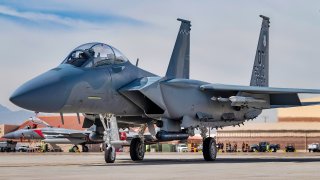F-15EX Eagle II: The Fighter Jet Taiwan Needs?
Selling the F-15EX Eagle II to Taiwan’s Air Force would modernize its capabilities against China’s advanced military while boosting interoperability with U.S. and regional allies like Japan, South Korea, and Singapore.
What You Need to Know: Selling the F-15EX Eagle II to Taiwan’s Air Force would modernize its capabilities against China’s advanced military while boosting interoperability with U.S. and regional allies like Japan, South Korea, and Singapore.
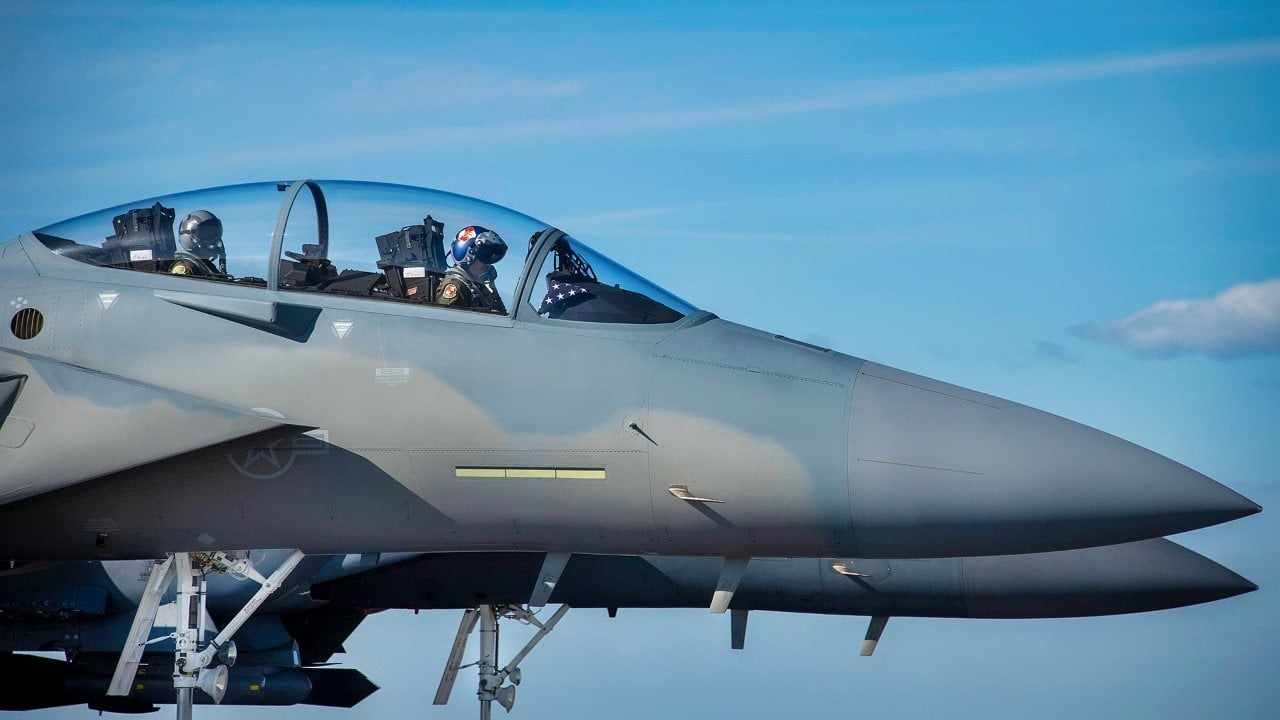
-Though the F-15EX isn’t a stealth fighter, pairing it with potential F-35 sales would strengthen Taiwan’s defensive stand against China’s fifth-generation J-20 fighters and potential sixth-generation H-20 bomber.
-While opponents cite concerns over Beijing’s reaction and the One China policy, supporters argue that backing Taiwan, a democratic ally, and reinforcing the regional security coalition outweigh these risks.
Should Taiwan Get the F-15EX Eagle II?
Controversial, pot-stirring question: Should the United States of America sell the F-15EX Eagle II, Boeing’s upgraded 4.5 Generation upgrade of the old-school two-seater McDonnell F-15E Strike Eagle,to the Republic of China Air Force (ROCAF), i.e. the Taiwanese Air Force?
My unapologetic, equally controversial, pot-stirring answer: Hell to the yes, they should!
Short version as to why: to modernize their fighter jet fleet and better enable them to stand up to the naked aggression People’s Republic of China (PRC), i.e. Mainland China; to increase interoperability with America’s other military allies in the Indo-Pacific region; and to tweak the noses of not only the Beijing but all of their apologists in the “China lobby” and their appeasers within our borders. Now to elaborate…
Upgrading Taiwan’s Current Fighter Jet Fleet
The current Taiwanese fighter jet fleet is, for the most part, fairly well-equipped technologically, if not numerically, to handle the People Liberation Army Air Force’s (PLAAF) Fourth Generation and older fighter jets such as the J-15, J-11, and J-7/F-7, a copycat of the ancient Soviet-designed MiG-21 “Fishbed”, as well as older bombers like the H-6.
But against the PRC’s Fifth Generation stealth fighter jets like the Chengdu J-20 Weilong, NATO reporting name “Fagin” and up-and-coming Shenyang J-35 (AKA JC-31 Gyrfalcon), not to mention Red China’s prospective Sixth Generation H-20 bomber, not so much.
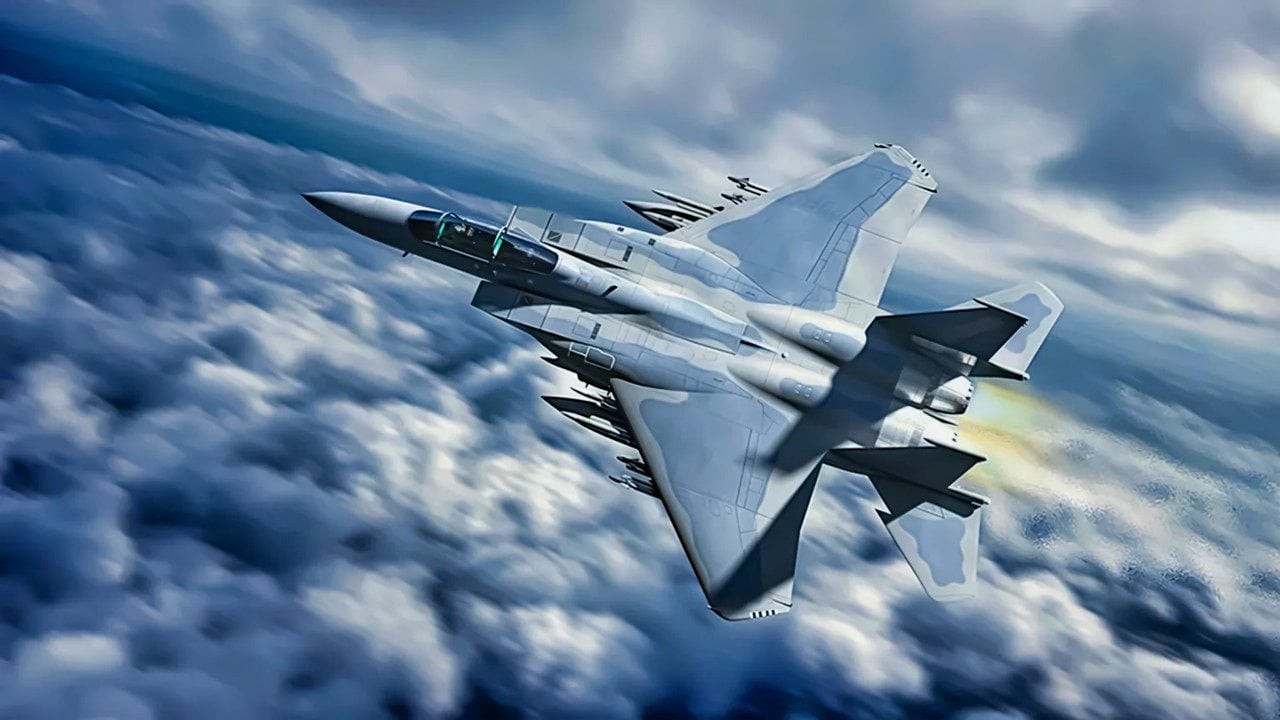
Mind you, the Eagle II, as a 4.5 Generation fighter as opposed to a true stealth fighter, still wouldn’t put the ROCAF on equal footing with the PLAAF stealth warbirds...but if a sale of Eagle IIs were to be combined with a sale of Lockheed Martin F-35 Lightning IIs, then those two airframes would make a fantastic mutually- reinforcing tandem and force multiplier, just like with the Israeli Air Force example.
According to the World Directory of Modern Military Aircraft (WDMMA), the ROCAF has the following warbirds in the following numbers and ages:
-Lockheed Martin F-16A/V Fighting Falcon; quantity 115 airframes, with sixty-six more of the 2015-vintage V variants, AKA the “Viper” on order.
- Aerospace Industrial Development Corporation (AIDC) F-CK-1C Ching-kuo AKA the Indigenous Defense Fighter (IDF), quantity 103 airframes; of 1989 vintage, this is Taiwan’s only homegrown fighter plane.
-Dassault Mirage 2000 -5EI; quantity forty-four airframes; of 1978 vintage, making that “2000” label a bit of a misnomer.
-Northrop F/RF-5E Tiger II, AKA the Freedom Fighter; quantity twenty-five airframes; of 1972 vintage and therefore the oldest (and at least border obsolescent) warbird in the ROCAF fighter arsenal.
NOTE: I’m specifically focusing on Taiwan’s Air Force here because, although the Republic of China Naval Aviation Command (ROCNAC) does have fixed-wing aircraft, none of them are fighter planes, the ROCN uses the Lockheed P-3 Orion for maritime patrol, and the EP-3 Aries II variant for signals reconnaissance.
Interoperability with the U.S. and Other Regional Allies
Besides the U.S. Air Force, Navy, and Marine Corps, the following militaries in the Ino-Pacific Command (INDOPACOM) region already use a variant of the Eagle jet:
-Republic of Singapore Air Force (RSAF); F-15SG, an upgraded and modified F-15E by another name; quantity forty airframes
-Japan Air Self-Defense Force (JASDF); F-15J “Peace Eagle;” quantity 155 airframes
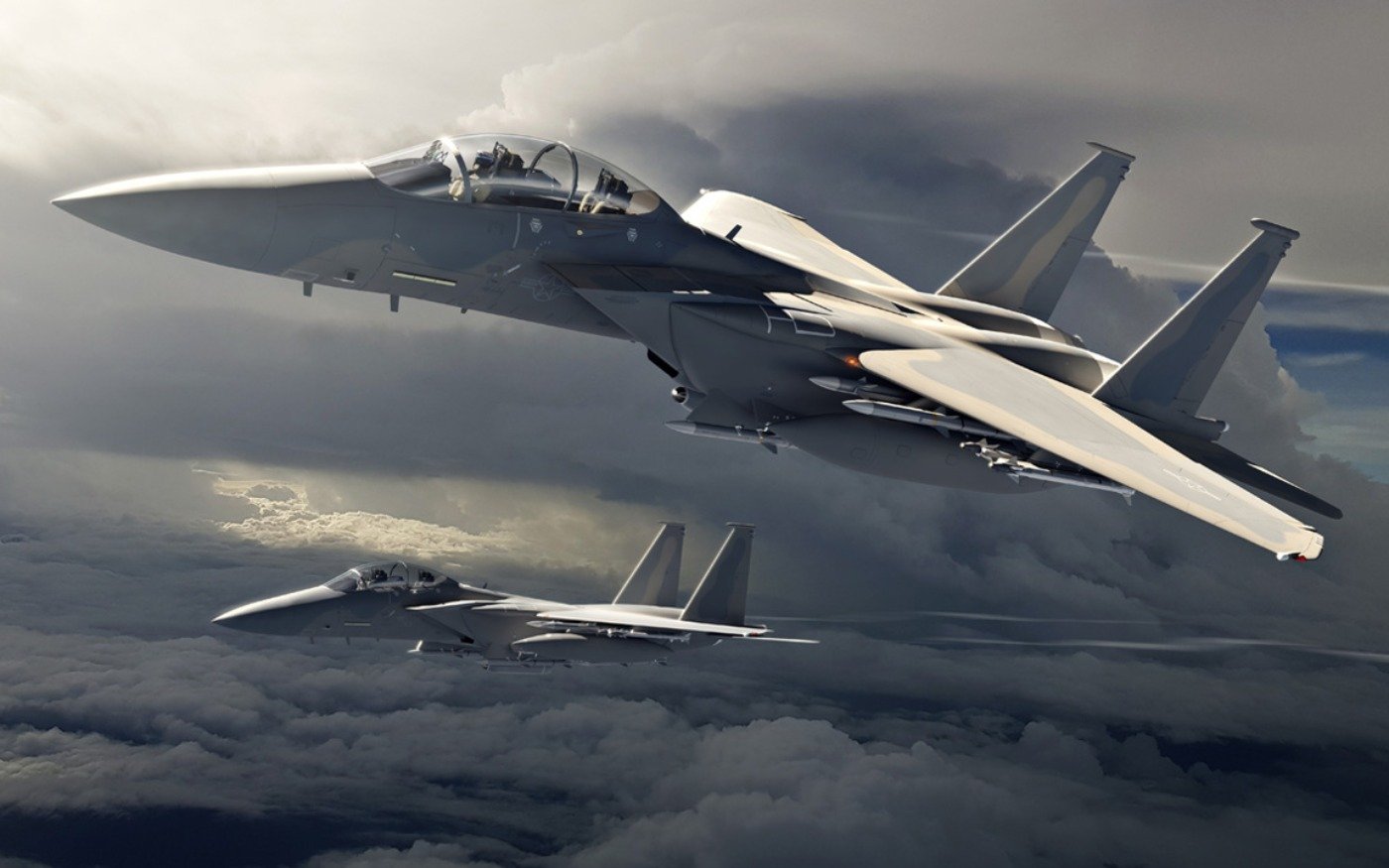
-Republic of Korea Air Force (ROKAF), i.e. the South Korean Air Force; F-15K “Slam Eagle” variant of the Strike Eagle; quantity fifty-nine specimens
Given the likelihood that a war with China would, for all practical purposes, entail World War III, drawing a multinational anti-PRC coalition into the conflict, it would only make sense to give the ROCAF at least some degree of interoperability with the U.S., Japan, Singapore, and South Korea.
Tweaking the Nose of the PRC
The China lobbyists and appeasers will whine and bleat like the sheeple that they are that they are that providing F-15EXs, and F-35s, to Taipei would upset Beijing, worsen the already strained and acrimonious Sino-U.S. relations, and violate the spirit of America’s longstanding “One China” policy.
To which I retort, “And what exactly is the damn problem with that?”
The intentionally nebulous strategic ambiguity of the One China policy notwithstanding, the events of the current and previous decades should make it abundantly clear to any American citizen with at least half a brain that
(1) Taipei is our friend and ally
(2) Beijing is an unofficial yet universally understood American rival.
We’re talking about a Chinese Communist tyranny that, in addition to all of her acts of aggression against our regional allies, not just Taiwan, but India, Japan, and the Philippines.
That’s not even factoring in the bloodthirsty totalitarianism that Xi Jinping and his minions inflict upon his citizens, especially the Uyghurs, Falun Gong, and Chinese Christians.
So, if selling Eagle IIs, and Lightning IIs, to Taiwan would anger China, then Glory Hallelujah, let the congregation say, “Amen!”
About the Author:
Christian D. Orr is a Senior Defense Editor for National Security Journal (NSJ). He is a former Air Force Security Forces officer, Federal law enforcement officer, and private military contractor (with assignments worked in Iraq, the United Arab Emirates, Kosovo, Japan, Germany, and the Pentagon). Chris holds a B.A. in International Relations from the University of Southern California (USC) and an M.A. in Intelligence Studies (concentration in Terrorism Studies) from American Military University (AMU). He has also been published in The Daily Torch , The Journal of Intelligence and Cyber Security, and Simple Flying. Last but not least, he is a Companion of the Order of the Naval Order of the United States (NOUS).
Image Credit: Creative Commons and/or Shutterstock.
